Maintaining a septic tank is crucial for ensuring a safe and efficient waste management system in your home. Yet, many homeowners wonder, 'How often should you clean your septic tank?' Understanding the answer helps in prolonging the life of your system and preventing unexpected malfunctions. This comprehensive guide will navigate through the factors that determine cleaning frequency and offer practical advice for maintaining your septic system.
Understanding Your Septic System

Septic systems are underground wastewater treatment structures that use a combination of nature and proven technology to treat wastewater from household plumbing produced by bathrooms, kitchen drains, and laundry. With such an integral role in waste management, knowing how often to clean your septic tank cannot be overstated. Various factors such as household size, the amount of wastewater generated, and the volume of solids in wastewater, play significant roles..
Factors Influencing Cleaning Frequency

The frequency with which a septic tank needs to be cleaned largely depends on its usage. For an average household of four people, it is recommended to get the septic tank cleaned every three to five years. However, this can vary greatly based on factors such as the size of the tank, the total water usage in the household, and whether or not a garbage disposal unit is in use. Homeowners should be aware of these factors to better gauge how often to clean their septic tank..
Signs Your Septic Tank Needs Cleaning
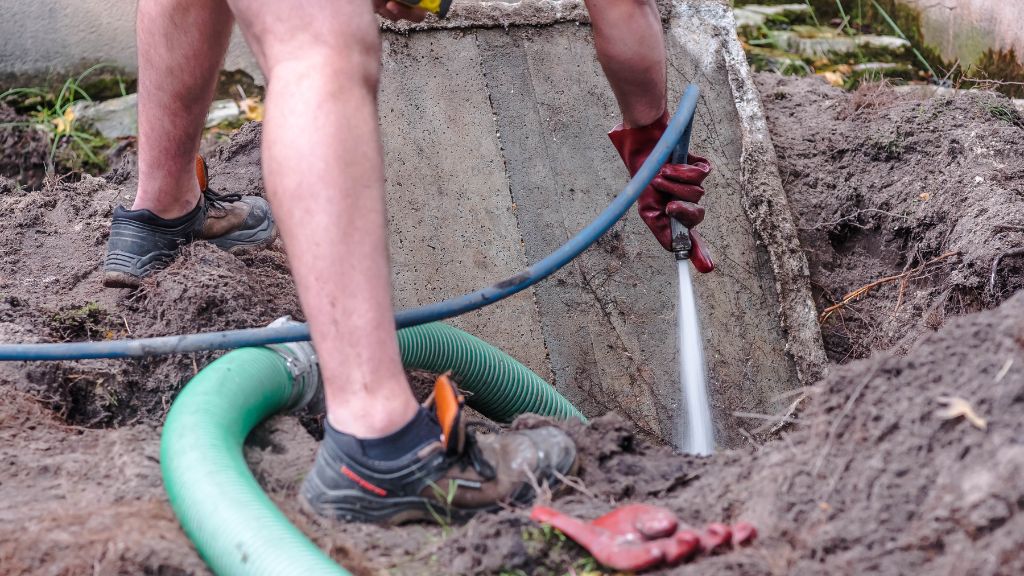
There are several tell-tale signs that a septic tank needs to be cleaned. Common signs include slow drains, bad odors around the septic tank or drainfield, and sewage backup. Regularly inspecting and monitoring your system will help in early detection, keeping your septic system functioning smoothly. This diligence will also help in maintaining a proactive approach towards answering the question of how often to clean a septic tank..
Dangers Of Neglecting Septic Maintenance
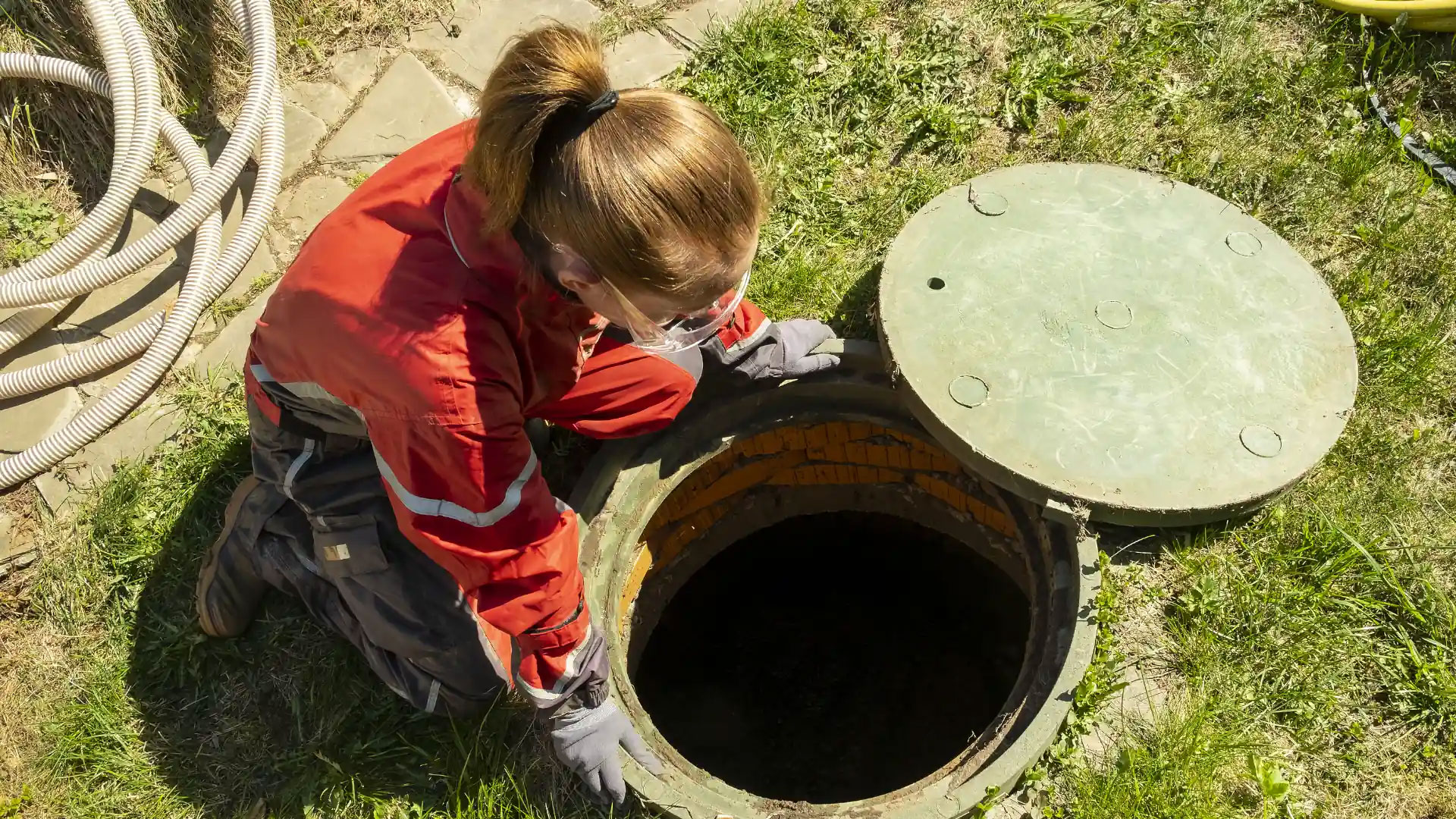
Neglecting to clean your septic tank at the appropriate intervals can lead to severe consequences. A full or dysfunctional septic tank may result in sewage buildup in the home, sewer water backups, or environmental contamination. These issues are not only costly but can also pose health risks. Knowing how often to clean your septic tank is crucial to avoiding these unwanted outcomes..
Professional Cleaning And Inspection
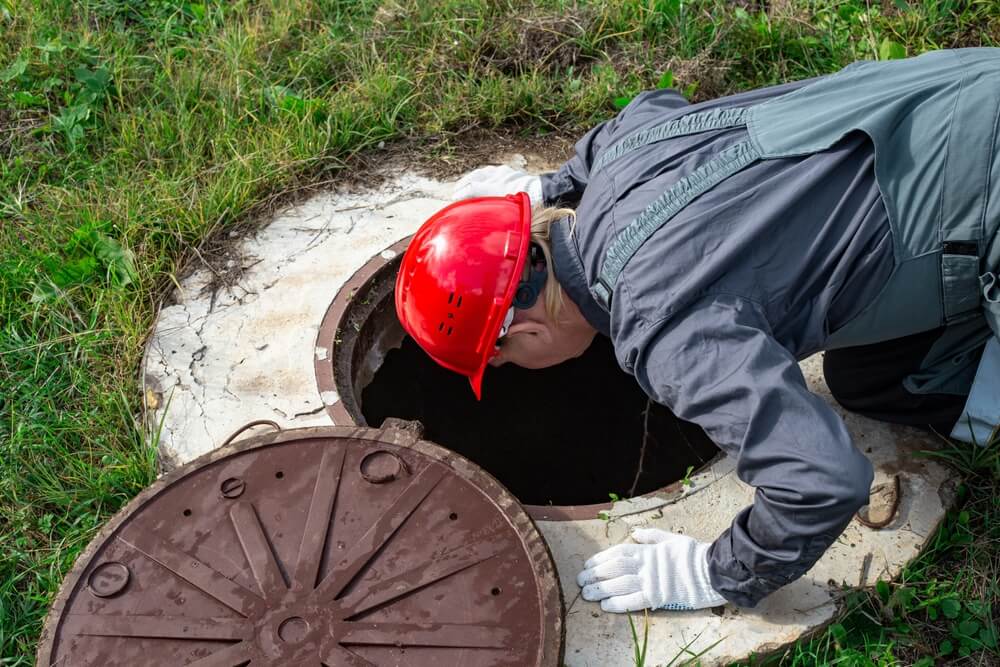
Hiring professional septic tank cleaners is always recommended as they can assess the system accurately. Professionals use specific equipment to measure the sludge and scum layers and adjust their cleaning schedule accordingly. Regular professional inspections are essential in determining the exact needs of your septic system and answering the enduring question—how often to clean your septic tank?.
DIY Septic Tank Maintenance Tips
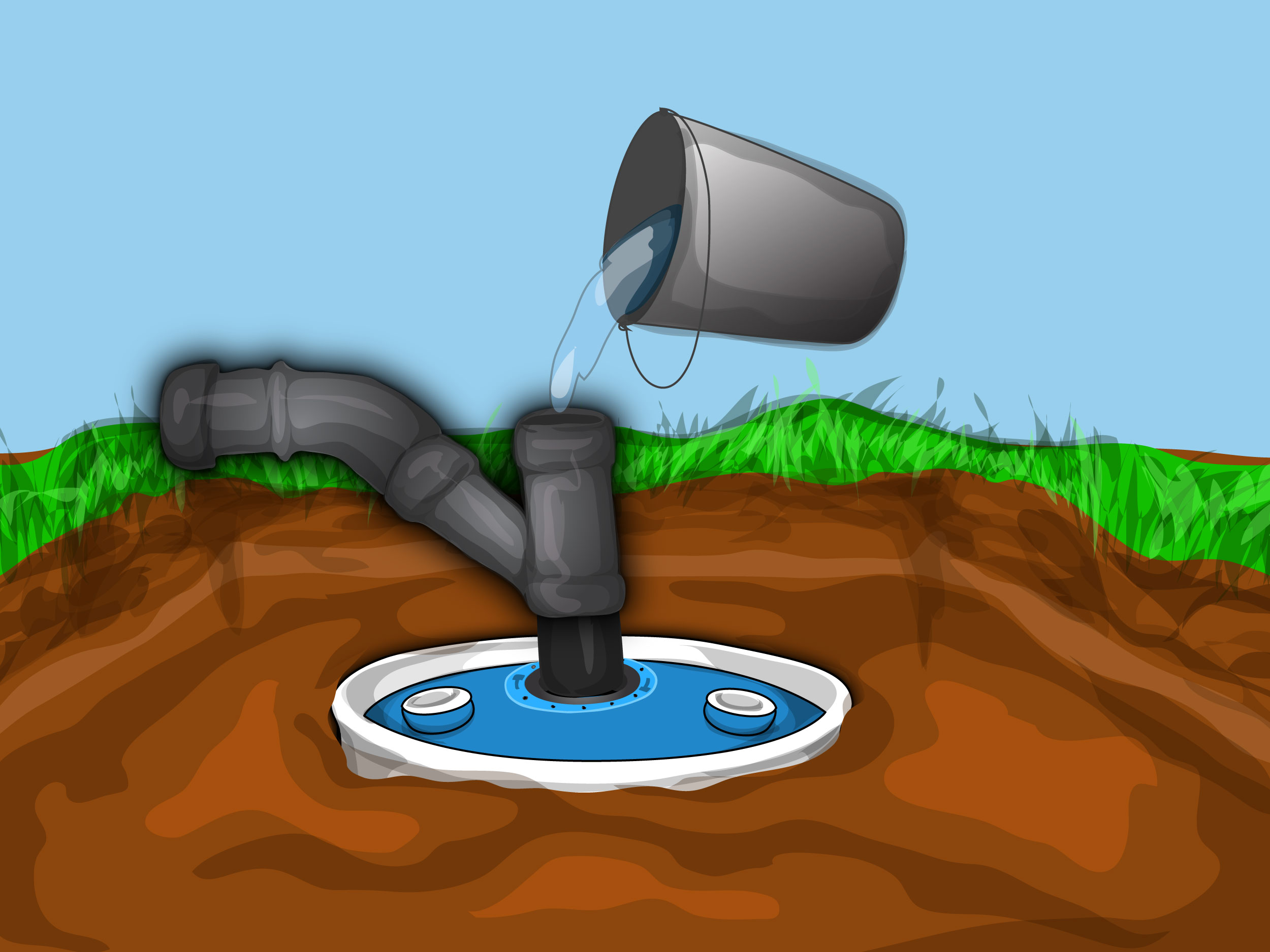
While professional cleaning is critical, there are several maintenance practices homeowners can perform themselves. Reducing water load, avoiding chemical and grease disposal down the drains, and regular flushing of water through the system can help maintain the septic tank. These practices can aid in determining how often you should clean your septic tank, potentially extending the time between professional cleanings..
The Environmental Impact Of Regular Maintenance
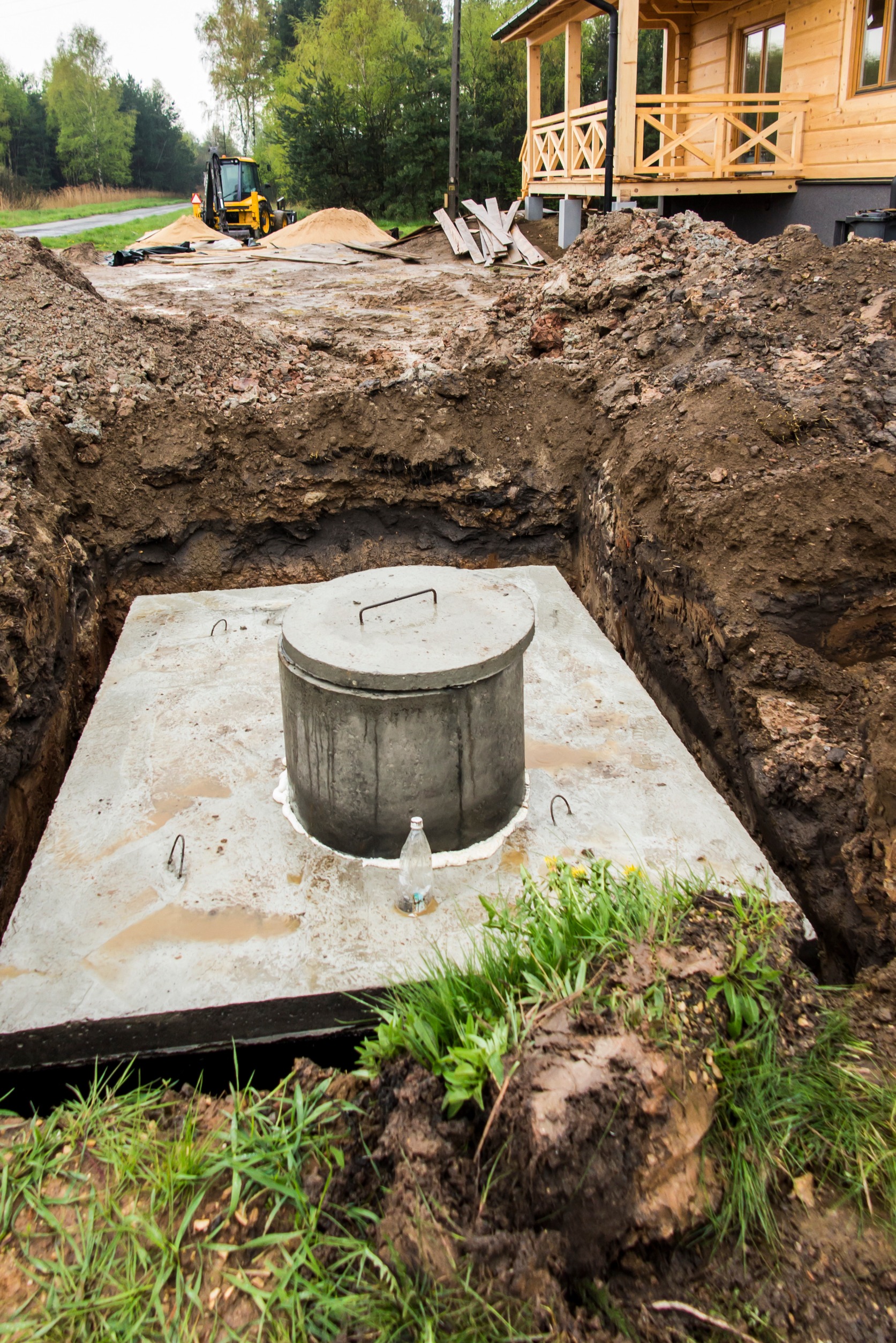
Regularly maintaining your septic tank not only supports your household infrastructure but also positively affects the environment. A well-maintained system prevents potential leaks and contamination, safeguarding local water bodies and surrounding ecosystems. Understanding how often to clean your septic tank as part of this maintenance indicates a commitment to environmental preservation..
Cost Implications Of Septic Tank Cleaning
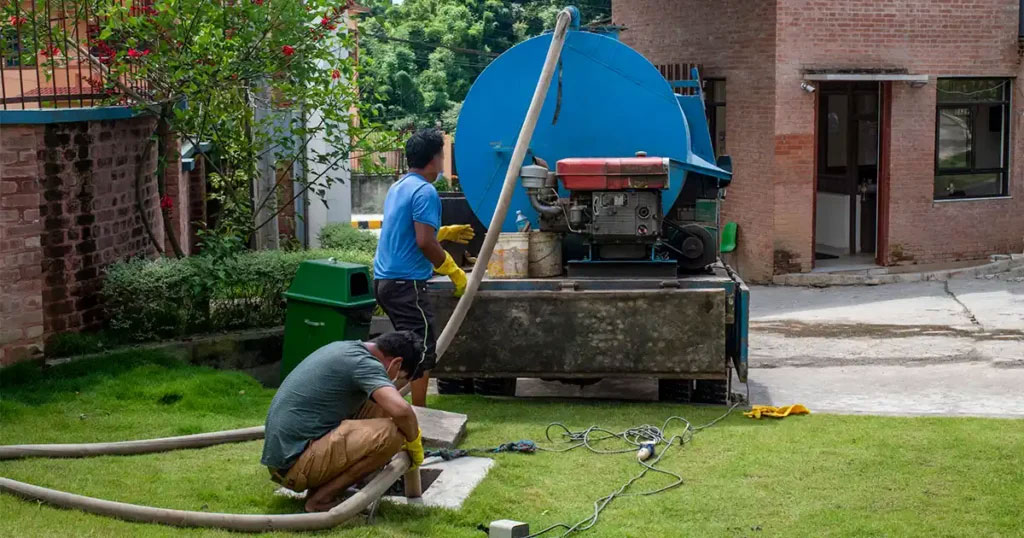
The costs associated with septic tank cleaning might seem like an unnecessary expense for some homeowners. However, regular cleaning is a preventive measure that can save significant repair costs in the future. Generally, septic tank cleaning costs vary depending on the size of the tank and the region. However, these costs are far less compared to potential repairs from neglect..
Ensuring Longevity For Your Septic System
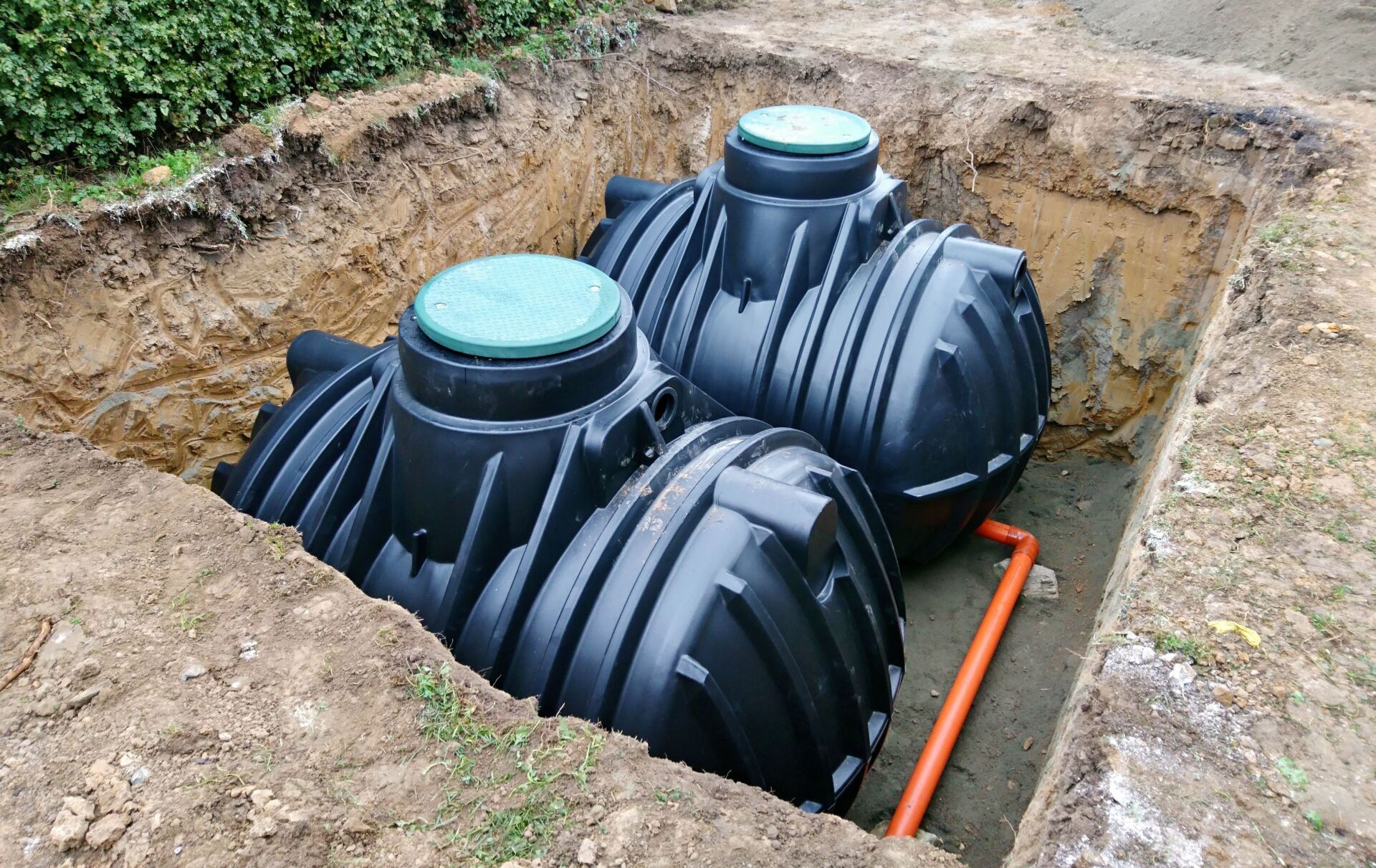
In conclusion, determining how often to clean your septic tank relies on various factors, including system usage and household size. While the goal is to ensure a smoothly running system, being proactive with regular inspections and cleaning can avert many problems. Remember that a well-maintained septic tank protects not only your home and family but also the larger community and environment..
Maintaining a regular cleaning schedule for your septic tank is essential for its longevity and effective operation. Understanding how often to clean your septic tank will help prevent potential problems and costly repairs, ensuring reliable performance and environmental protection for years to come.


